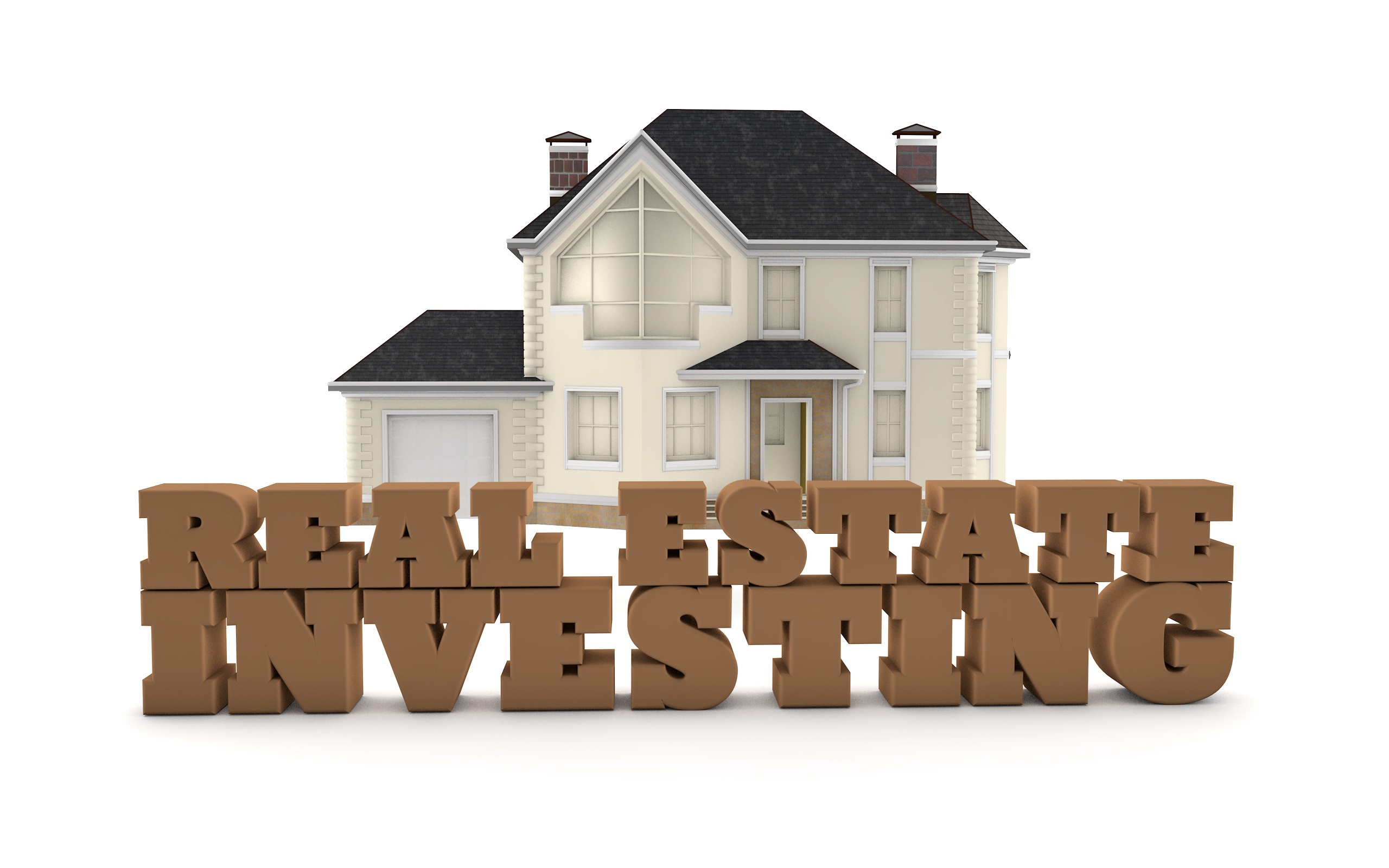
“Don’t wait to buy real estate. Buy real estate and wait.” -Will Rogers
Why is real estate always so popular? Well, ever heard of “alternative” investments? Usually, this means coins, gold, art, and so on. Real estate is a kind of alternative investment – and a good one, too.
For one, real estate isn’t hitched to the stock market. Wall Street’s one-off bad days (and boy are there a lot of those) often don’t faze real estate holdings.
You can also get a lot of tax breaks with real estate.
In short, real estate can be a good place to park your money. Let’s look at some options.
It’s your choice
RE investing is like the buffet at a rich cousin’s wedding: Everybody can find a favorite. It all depends on how much money and time you’ve got, your taste for risk, and how much you want to learn new ways to invest.
Buy and hold. The name says it all – purchase property and keep it for a while. Would-be real estate moguls often start with this one.
See, the value of real estate rarely goes down. You can buy and hold any real estate from a single-family home to whole apartment complexes to commercial property. Do your homework and find out the target market, what appeals to your prospective renters, and how much time it’ll take to bump up your property’s value. See “Renting” below.
Not all ways to put money in real estate are created equal
When you sell, you can also avoid capital gains taxes with a 1031 exchange by sinking the profit right into more property of equal or greater value. (Warning: This break might be in real danger right now from Washington. Keep your eye on these blog posts).
Renting. The basic rule is really basic: Good tenants give you a good shot at stable income. Screen ’em well.
Again, study the market. What’s a good rent range in the area? What amenities do tenants want? Study other landlords’ rental ads: They’ll show you what your competition is offering – and give you a good idea how to write these darned things.
You can use a property management company to sift through prospective tenants (and handle other icky stuff, like evictions – a growing danger today), but this company will also want a slice of your pie.
And of course, the just-enough maintenance rule applies: All the leaky roofs are on you. So are the property taxes. Turning a profit from rental properties sure sharpens your math skills…
A quick word about Airbnb and renting your vacation home: If you believe the headlines, they seem like quick ways to make money from property. True, these arrangements give you the flexibility of short-term rentals, like higher rents and openings if you want to use the property now and then.
They can give you all the headaches too: spotty cash flow, tough local laws on these types of rentals, and the risk of tenants who are passing through fast and maybe aren’t too fussy about the damage they leave behind…
Flipping. This is the one made famous on TV shows like “Flip or Flop,” and they make buying property dirt-cheap and selling for a fortune look as easy as driving a nail.
Not so fast – real estate investors who do well in this area are usually all set up from access to inexpensive cheap materials to having a repair crew ready to go.
If you’ve got all that, give flipping a whirl. It’s worked for many folks (“work” being the keyword) if they were careful to improve only enough to sell and if they eventually got a price that produced a profit.
REITs and REIGs. Sounds like a German board game, but they’re actually Real Estate Investment Trusts and Real Estate Investment Groups.
What’s the difference? Many REITs are traded on stock exchanges like stocks, pay a lot of their profits to investors, and are maybe the easiest way to start investing in real estate. REIGs, which are groups of private investors who pool finances to invest using different strategies, generally require more sophistication (and more money).
Lien investing. You invest in property tax liens (outstanding taxes plus any interest and fees) either by buying the liens or investing in special property tax lien investment funds. You have to be particularly sharp with this strategy – if a property’s been dumped by its owner until there’s a tax lien on it, you’d better find out exactly why.
These are just a few investing options in real estate. Though, hold off on jumping into any of them until you’ve checked with experts on the subject. Check out BiggerPockets.com and UtahREIA.org!
BE THE ROAR not the echo®
Janet Behm
Utah Real Estate Accountants
(801) 278-2700